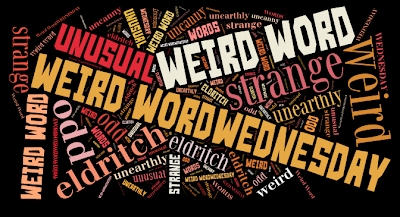Gongoozle
to stare idly at a watercourse and do nothing(watercourse - I had to look this up too - refers to a brook, stream or artificially constructed water channel)
Zwodder
a feeling of drowsiness
Antejentacular
before breakfast
Antejentacular
before breakfast

